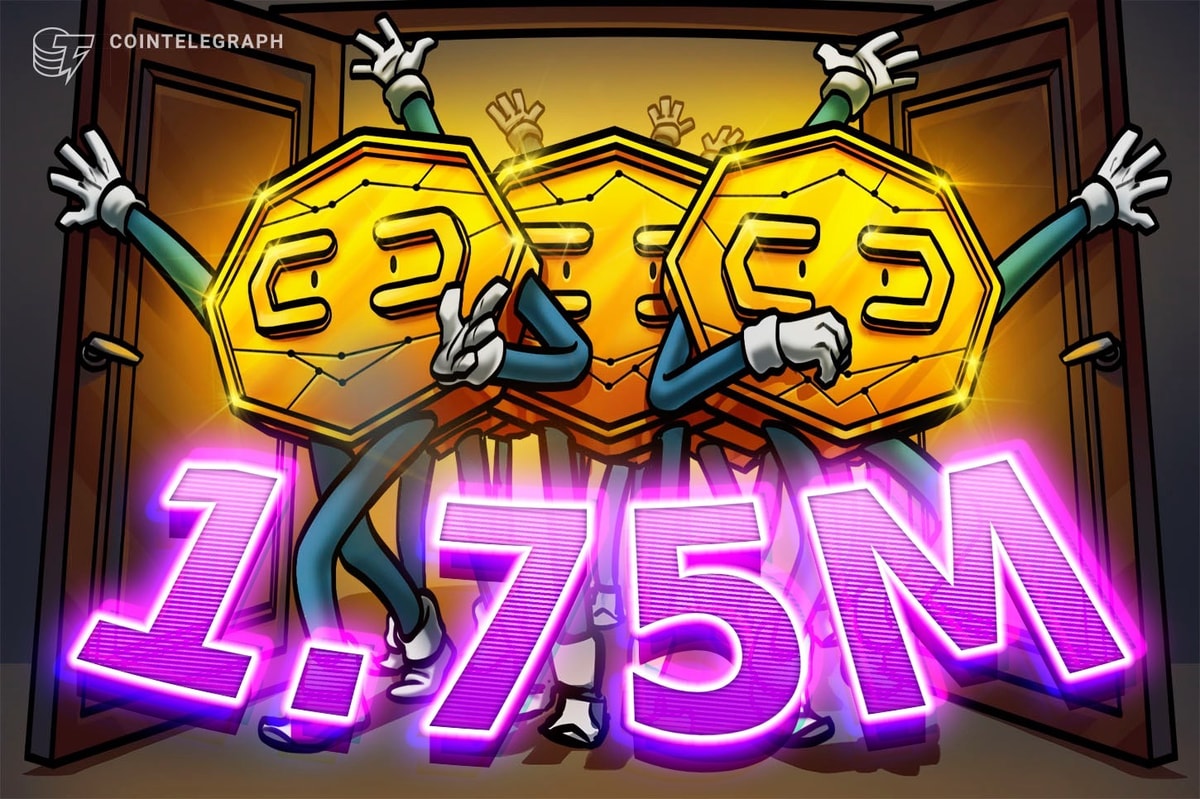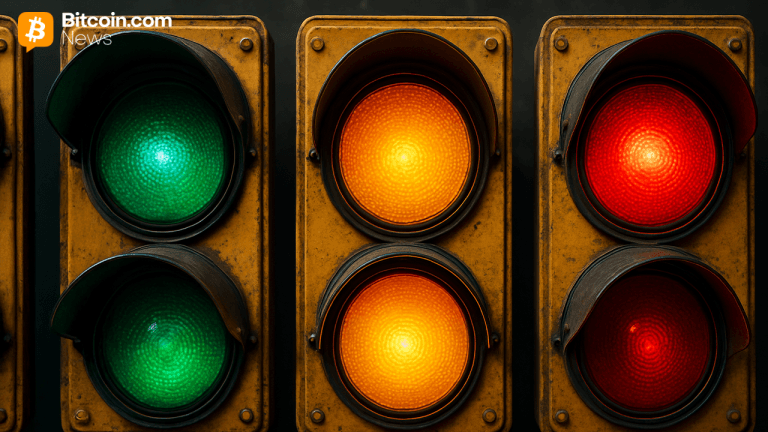13% of applications approved: British regulator discloses crypto registration stats
2 min read
Since January 2020, 291 crypto companies have applied for registration with the principal financial regulator of the United Kingdom, the Financial Conduct Authority (FCA). Only 13% of them successfully obtained a permit to operate in the country.
On Aug11, the FCA published a response to a right-to-know request, whose author remains unnamed. The request considered four questions about the registration statistics of crypto asset businesses.
The regulator revealed that since 2020 it has received 291 applications for registration and approved only 38 of them. Most applications (155) were withdrawn by the firms themselves, as the FCA encourages them to resubmit applications later if not all the criteria have been met. The FCA stated:
“Firms are required to provide the minimum information set out under regulation 57 of the MLRs, any firm that has not provided the required information will have their application rejected.”
In the U.K., firms permitted to “carry out crypto asset activities” must either be registered with the FCA or have been granted temporary operating status. Previously, the FCA ordered Binance Markets Limited to halt its operations in the country and issued “shut down or face further action“ orders for local crypto ATM operators. At the time of publication, the FCA’s list of registered crypto asset providers includes 42 entities, such as Skrill, eToro and Gemini.
Related: UK FCA shuts down 26 crypto ATMs following coordinated investigation
In July, the FCA reminded all crypto asset firms in the country to bring their marketing strategies in compliance with its financial promotions regime by October 2023. Previously, it suggested crypto firms adopt a marketing approach that allows customers a “cooling-off period” to consider the risks of investing in digital assets.
Magazine: Blockchain games aren’t really decentralized… but that’s about to change







